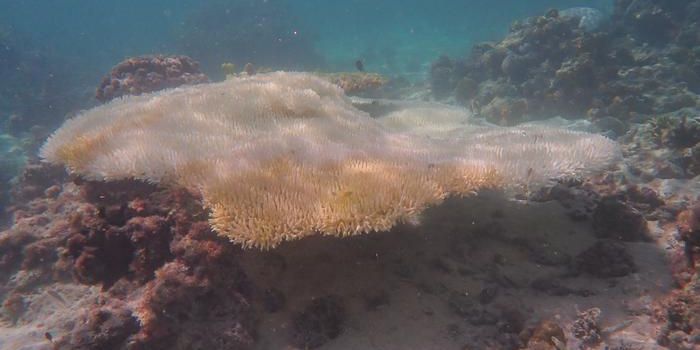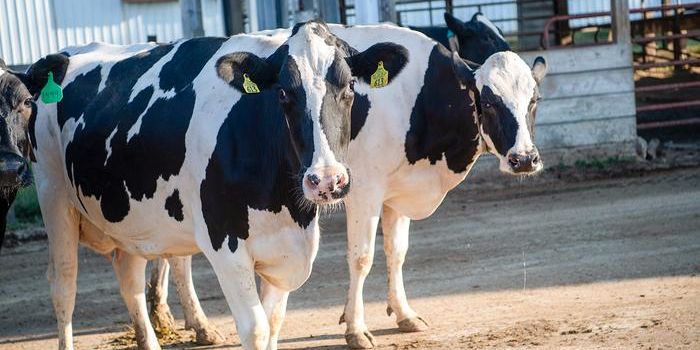Japan Slaughters 177 Whales for "Science"
Animal lovers won’t like hearing one bit of this, but Japan formally announced this week that it slaughtered 177 whales captured starting in June of this year.
Out of those 177 whales in total, 43 were minke whales, and 134 were sei whales.
Image Credit: Customs and Border Protection Service, Commonwealth of Australia
Although minke whales are plentiful in the waters surrounding Japan, conservationists fear that their numbers could drop exponentially if these barbaric actions continue.
Very few countries still participate in whaling activities today because of global agreements put in place by the International Whaling Commission (IWC), but Japan’s fisheries agency regularly exploits loopholes by citing scientific motives behind mass whale slaughtering.
This time around, scientists were purportedly performing stomach biopsies to learn more about their health. It’s presumably a continued effort on the nation’s behalf to find out more about minke whale populations in the region, but this has yet to be confirmed.
Regardless of motive, many would argue that it’s a complete and utter waste of marine wildlife, especially since Japan repeats these gruesome practices on an annual basis.
Related: A possible link between the Northern Lights and whale beachings
Adding yet more fuel to the fire, the meat obtained throughout these extensive whale hunts gets sold in the commercial meat market. The result leaves many critics speculating that Japan uses “science” as an excuse to catch and sell whale meat despite international whaling bans.
Many conservationists speak against the violent “science experiments” Japan conducts year after year, noting that non-lethal science projects are often the most efficient way to learn about an animal species without causing harm to their well-being. Nevertheless, Japan continues.
While efforts have been made to stop Japan from slaughtering whales previously, it seems like the country always finds a way to skirt the rules and keep going about it anyway.
Does Japan perform any real science while carrying out these massive whale hunts? Maybe, maybe not; nevertheless, we can certainly agree that there are better ways to study these beautiful animals without harming them.
It goes without saying that the International Whaling Commission will have to make some serious changes to its regulations if they’re to stop this from happening altogether.
Source: Independent









